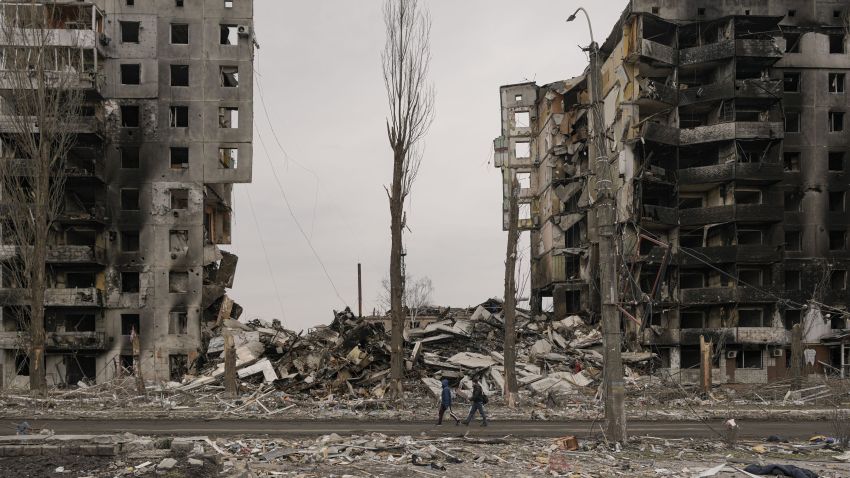Among the many criticisms and concerns raised about Russia’s war in Ukraine is that it is using tactics that constitute genocide in its conduct of the war. Ukrainian Prosecutor General Andriy Kostin made this case in a speech at the United States Institute of Peace in September. Numerous other experts and human rights groups have also invoked the term over the nine months of the ongoing war.
Accusations of “genocide” are often heard in the media as well as in public and diplomatic rhetoric to demonize opponents or rally sympathy to a cause. Indeed, Russia itself has accused Ukraine of having committed “genocide” against ethnic Russians in the country, as part of its effort to paint its war as a “humanitarian intervention.” As that example implies, uses of the term “genocide” can often be politicized or used for emotional impact. But even when the charge is leveled in good faith, it can be without an adequate understanding of the legal meaning of the term.
While people colloquially understand genocide as a blanket term to describe mass atrocity, the 1948 Genocide Convention defines it much more narrowly than is generally understood. The concept refers to specific crimes committed with the intention to destroy a “national, ethnic, racial or religious group,” whether in whole or in part. Notably, gender groups are not included, so repression against women in Iran or gender apartheid in Afghanistan does not qualify under the convention’s definition. Political and cultural groups are also not part of the definition, nor would acts like insisting that a minority ethnic group learn the national majority’s language count as genocide.

